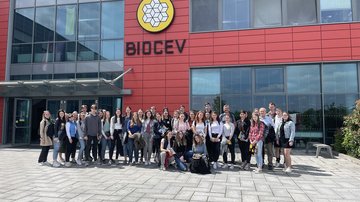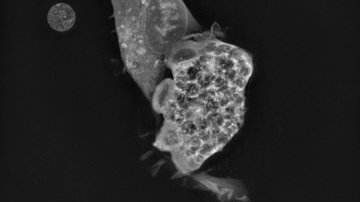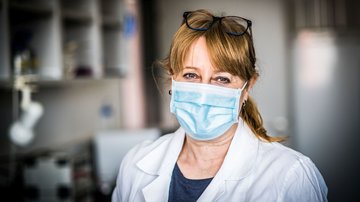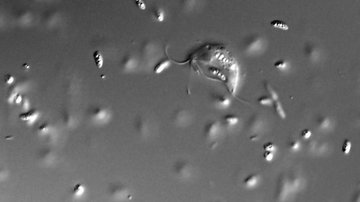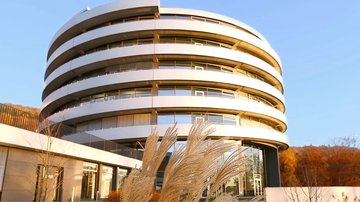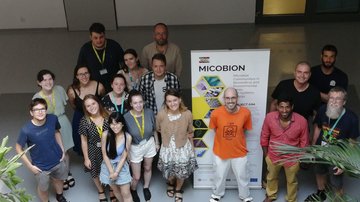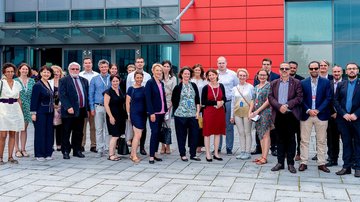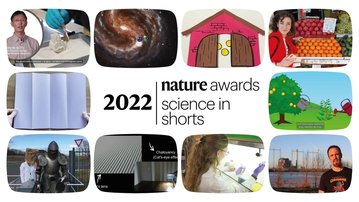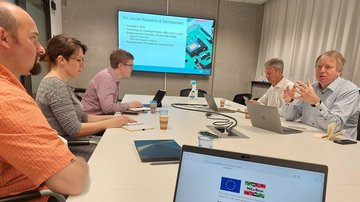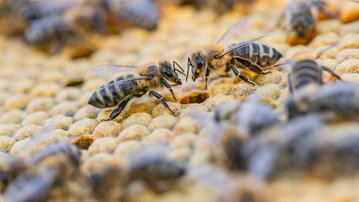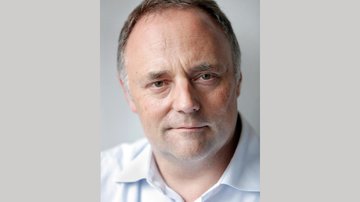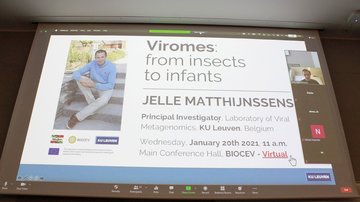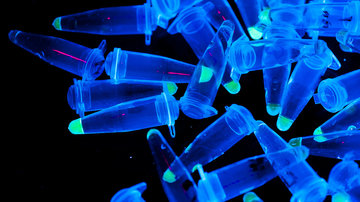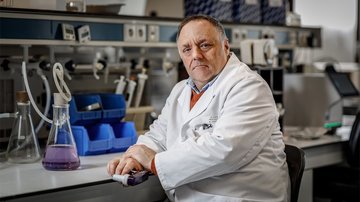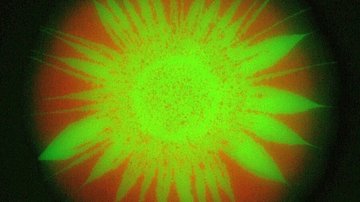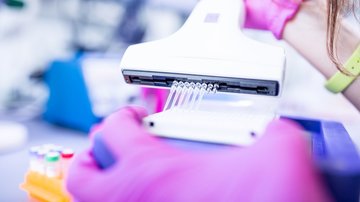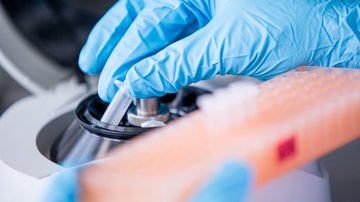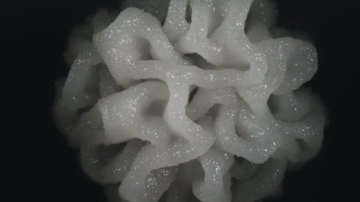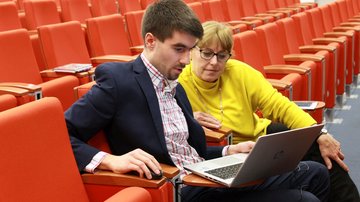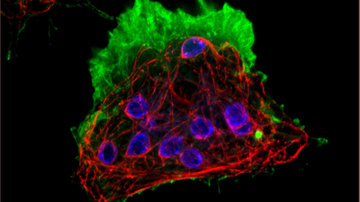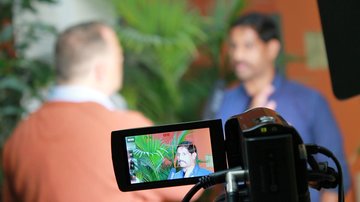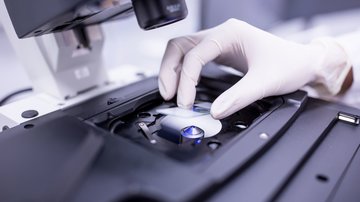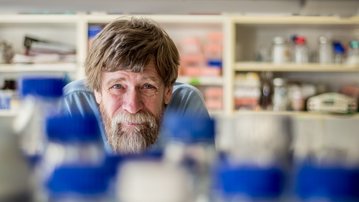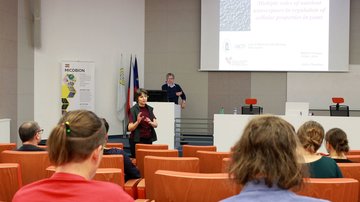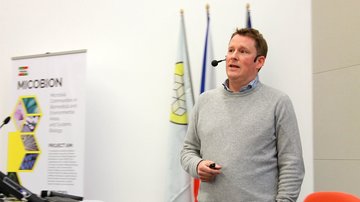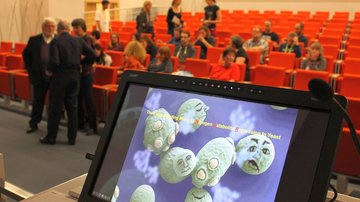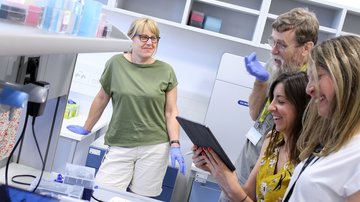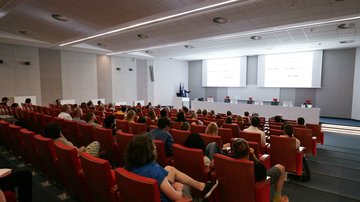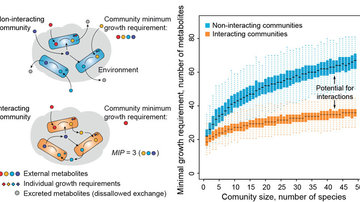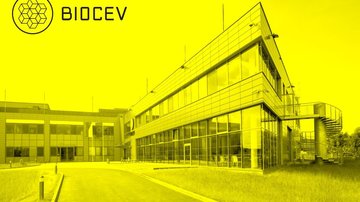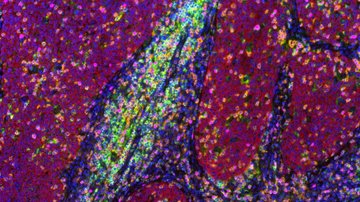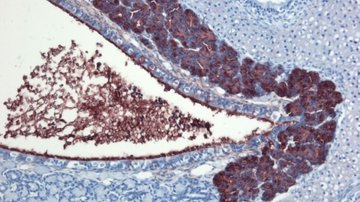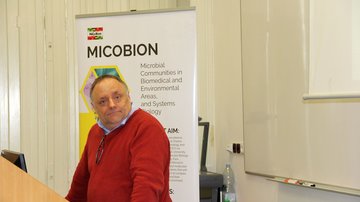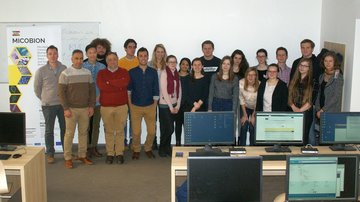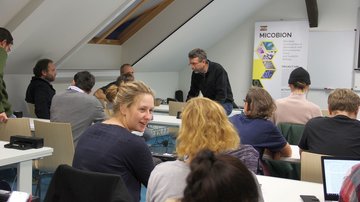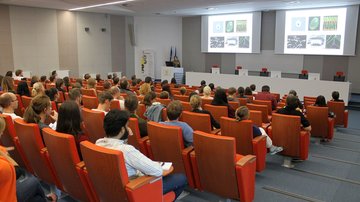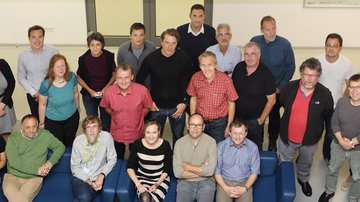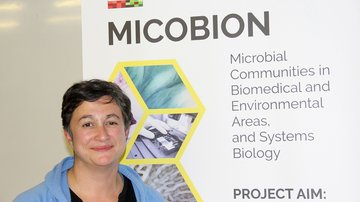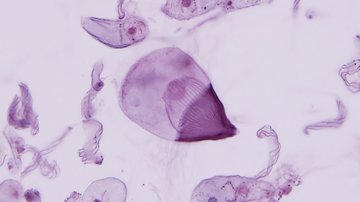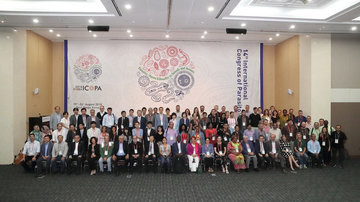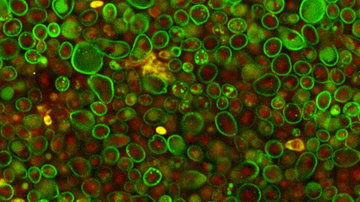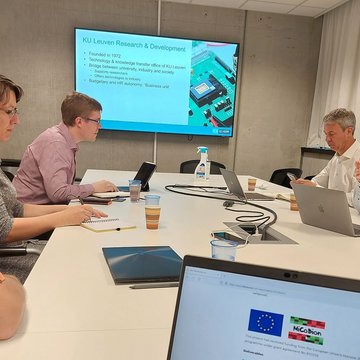
MiCoBion
Delegation of MiCoBion project visited KU Leuven Research & Development technology transfer office
The meeting with knowledge and technology transfer representatives from KU Leuven was held in Bio-Incubator on May 25th, 2022
This meeting aimed to exchange the inspirational examples and principles of good practice implemented in technology transfer in both institutions – KU Leuven Research and Development and Charles University. Czech delegation learned about the new tools used in the translational program for the early project incubation as well as the well-established strategies of spin-off ventures and the overall thriving environment of research applications in the science parks and bio-incubators of KU Leuven.
The very impactful infrastructures of the Centre for Drug Design and Discovery (CD3) might be of great help to closely cooperate on pharma-oriented projects in the future as they managed to establish an effective pipeline for pharmaceuticals in all different stages of progress to bring them to market. We will apply with some of our projects in their program.
Jana Pilátová, Faculty of Science (CUNI), said: "I was not amazed just by the great results of KU Leuven Research and Development and their 50-year long tradition, but mostly by their enthusiastic team of professionals. The intense 5-hour meeting has not been interrupted by a single break as everybody was so engaged in the continuous flow of exciting, innovative solutions that we entirely forgot about everything else. The almost tangible, highly motivating atmosphere of sharing experience spoke for itself - resulting in the high success rates of spin-off companies started in KU Leuven that stemmed from the long nurtured connection of research and business, bringing the researchers themselves directly to the game.
KU Leuven also does its best to help its scientists and/or new businesses to cross the "valley of the death" that is inevitably waiting for every newbie in the newly started business. And still, this was not all. The great advantage of such an environment is the shared needs. Thus, the above-mentioned CD3 centre has been established to prepare all ingenious bio-pharma applications for clinical tests using a certified pipeline for which anyone can apply. Interestingly, some of the current projects come from the Czech Republic. I must admit that I have not experienced such enthusiasm and high-performing standards elsewhere. And I can confidently say that we are getting closer very fast in Charles University Innovations Prague and most likely, with the help of our scientists, will not need to spend 50 years on our way to a mutually nurturing technology transfer ecosystem."
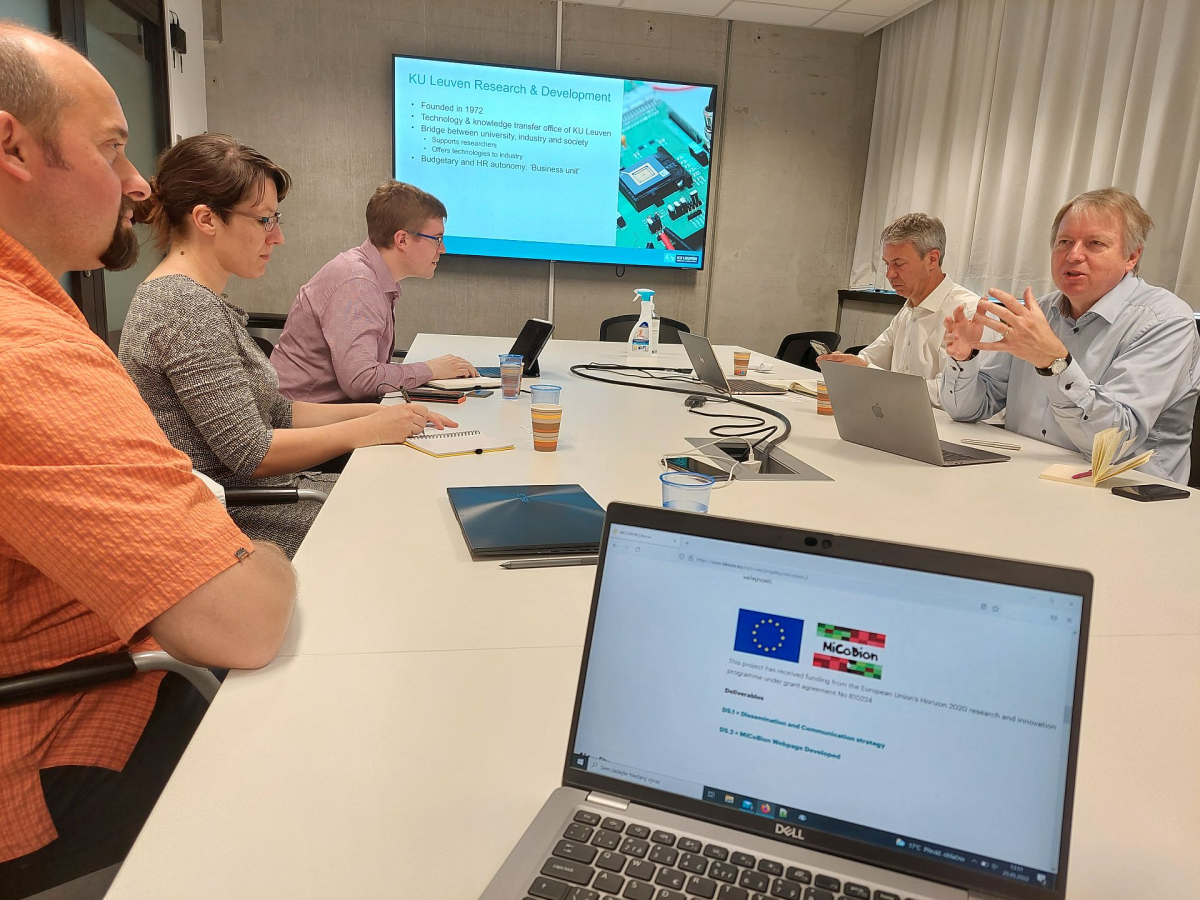
Agenda at KU Leuven:
- Welcome by Koen Debackere (Executive director LRD) and general presentation on LRD.
- Zuzana Kasanova (Translational Program Manager@KU Leuven – LRD): Incubation instruments for impactful biomedical projects
- Ilse Sienaert (Investment Manager Spin-off & Innovation@KU Leuven – LRD): Biotech spin-off ventures
- Antonín Králík, Charles University Innovations Prague a.s. (CUIP, a.s.): Introduction of technology transfer at Charles University
- Michael De Blauwe (Business Development Manager for LRD) Building science parks and bio-incubators
- Patrick Chaltin (Managing director of the Centre for Drug Design and Discovery, CD3) Structure and successes of CD3
- Wrap-up
"Meeting representatives of KU Leuven Research & Development was a unique chance to glimpse into the inner workings of an institution that has been active in the field of technology transfer for 50 years. In one afternoon, we covered a wide variety of topics, such as scouting new technologies, relationships with academic workers, good practices in technology transfer and its legal aspects, protection of IP, incubation of promising projects, and so much more. As we have exchanged experiences, we have found out that our approaches toward the same goal are sometimes significantly different, meaning that we can learn a lot from each other. Especially interesting for me was an introduction to the Centre for Drug Design and Discovery (CD3) by Dr. Patrick Chaltin. CD3 is an incredible tool helping to push new drugs from academic research labs into practice. Having such a tool would be immensely helpful to Charles University as well," said Antonín Králík, Senior Analyst and Patent Specialist, Charles University Innovations Prague.
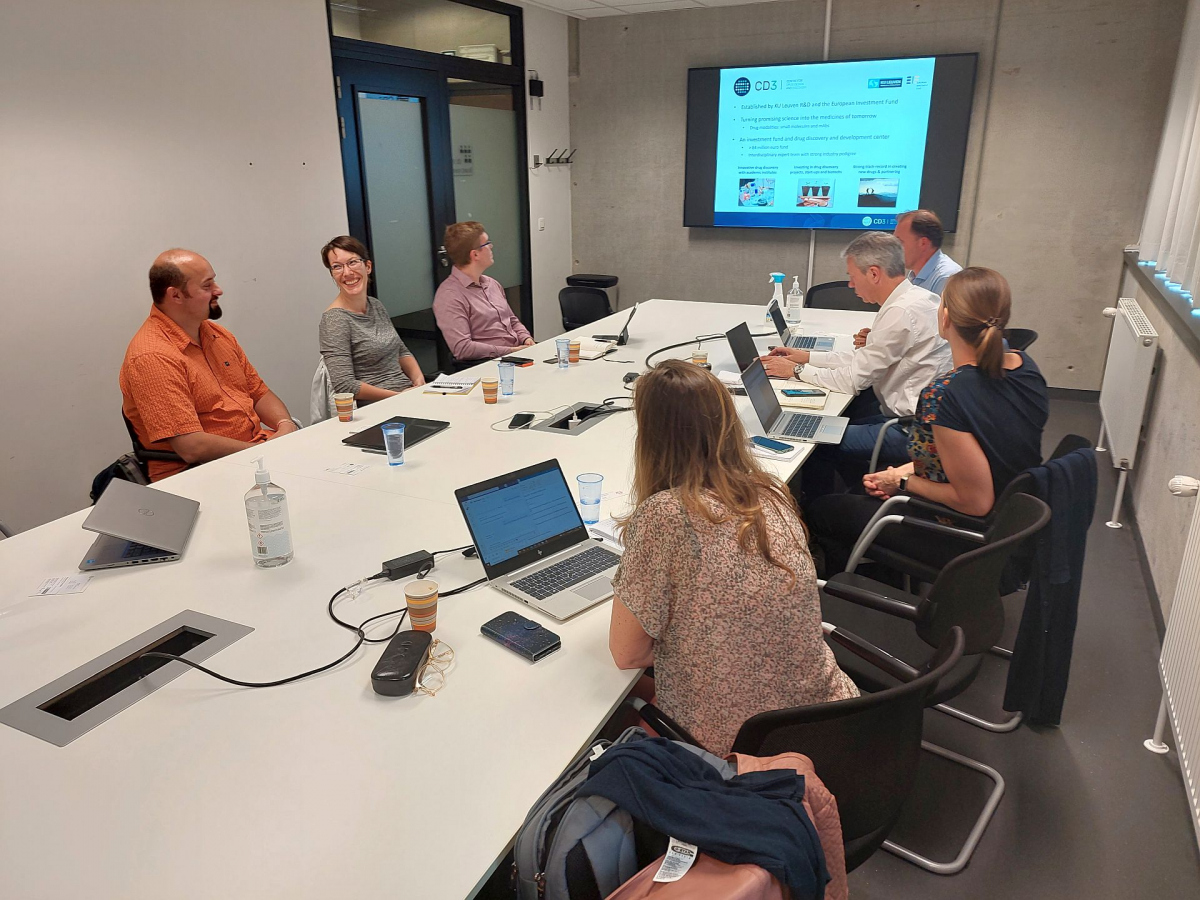
Ondřej Vaněk, Faculty of Science (CUNI), said: "One of the key learning points for us was the secret of LRD success, which is related to how LRD operates within the university. KUL, like any other university, has a typical "vertical" organizational structure composed of faculties, departments, and individual research groups. However, LRD intentionally creates and stimulates a "horizontal" structure of innovation centers spanning across different fields of expertise. Here, individual research groups from different departments or faculties work together to bring the outcomes of their research to the market, and LRD supports them in all possible ways. Another interesting point was that LRD does not operate on a big budget despite being quite successful in generating income. In fact, their recent successes in establishing several promising spin-off companies were only possible due to support from the Wellcome Trust (UK).
The reason for this is that LRD keeps only a small fraction of the generated income to cover its operation, but the vast majority of it goes back to the above-mentioned innovation centers, i.e., back to the researchers. They can then choose how to use these resources - mostly to fund further research and the teams involved in it. Thus, the whole innovation circle is neatly sealed. On the other hand, this mode of operation also means that LRD cannot support new innovation projects (proof-of-concept, IP protection, etc.) on its own. The teams must secure their own funding to kick off their innovation activities; however, thanks to the many available funding schemes at the university, regional, and state levels, this is not a problem, and thus the knowledge & technology transfer at KUL simply thrives."

